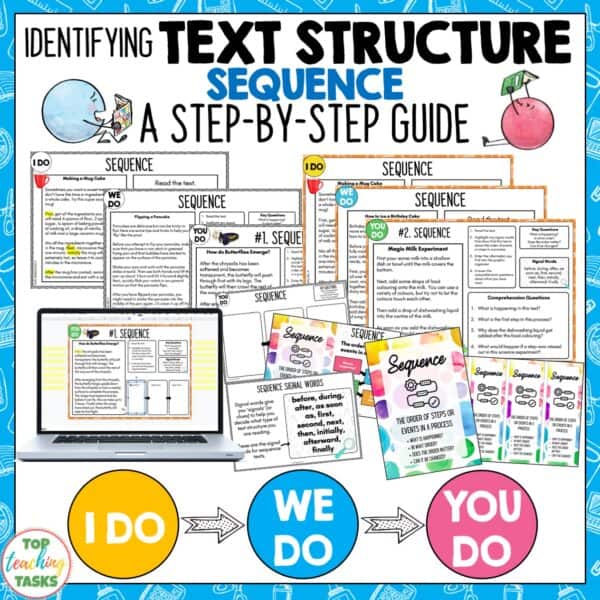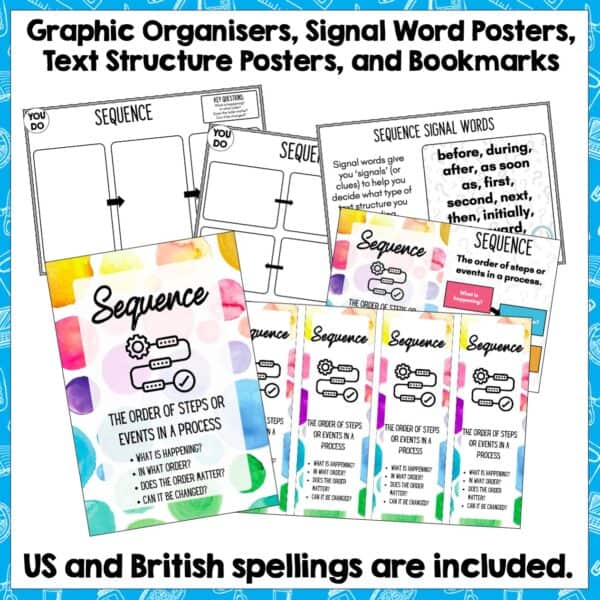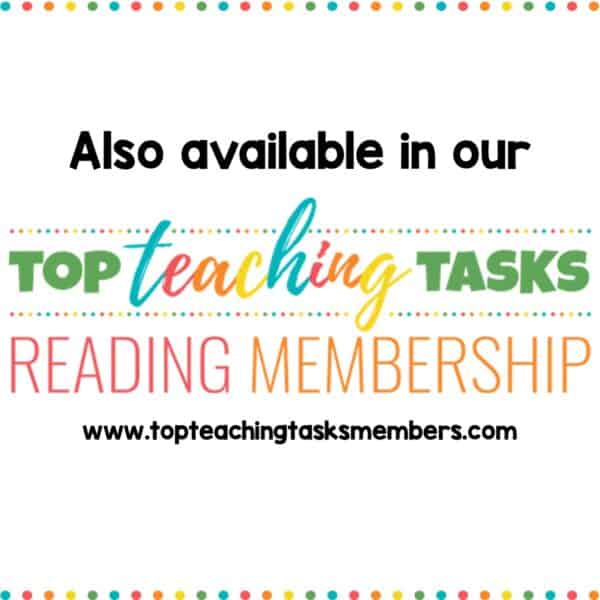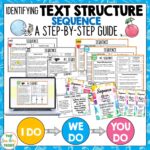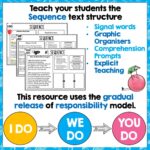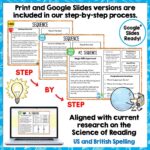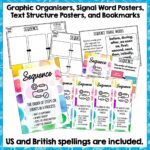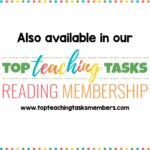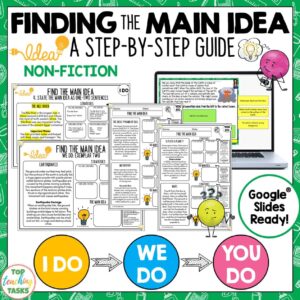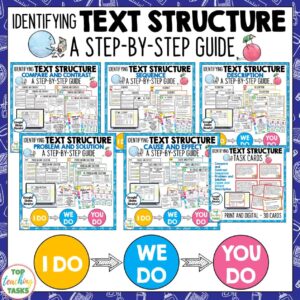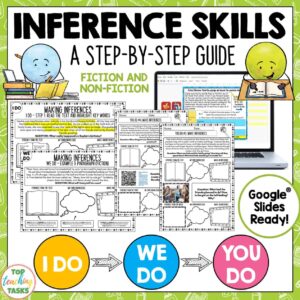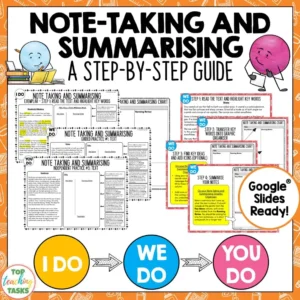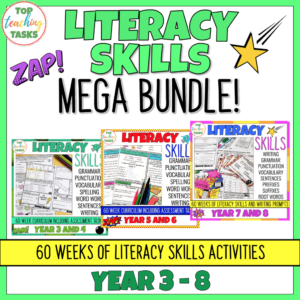Sequence Text Structure Passages, Graphic Organisers and Posters
NZ$6.00
Description
Teach the skills of identifying the Sequence text structure with this reading resource. With a range of nonfiction passages, this resource includes exemplar, guided and independent reading activities to help students to identify the sequencing text structure. Additional activities, graphic organisers, posters, bookmarks, and teacher notes are also included.
These activities align with the Science of Reading (SoR) and would be a suitable addition to a structured literacy program.
This resource is provided in a print version as well as Google Slides. Both US and British spelling are included. Click here to see a preview of this resource.
This Identifying Text Structure: Sequence activity set includes:
- Two exemplar activities to demonstrate how to identify the Sequence text structure
- Two guided practice activities for teacher and students to identify text structure together
- Four independent practice activities
- Identifying the Sequence text structure bookmarks and posters
- Sequence graphic organiser
- Sequence signal words poster
- A full digital set of activities
We have used research-based best practice for how to teach text structure. In this resource, students will be required to
- Search and highlight the signal words (key words) that are critical for the Sequence text structure.
- Use visual representations of the text structure by adding key information to a graphic organiser.
- Answer specific comprehension questions based around the Sequence text structure.
This resource is set out using the gradual release of responsibility model (I do, we do, you do).
- The Exemplar section (I do) of this resource is designed to be taught by the teacher, working through the exemplar pages and following the process as laid out.
- The Guided Practice section (We do) provides opportunities for the teacher and students to work through the process together.
- The Independent Practice sections (You do) provide activities for students to practice the skill of identifying text structure independently.
Why teach students how to identify nonfiction text structures?
- Readers who can identify the structure of a text are better able to locate the information they need for successful comprehension. Simply put, by teaching your students how to identify text structure, you are giving them a great tool to help them to make meaning out of a text.
- Understanding text structure (literacy knowledge) is an element of Scarborough’s Reading Rope, which looks at the elements that make a skilled reader.
- An understanding of text structures also adds to a student’s background knowledge, helping them comprehend what they read in the future.



